Social Justice
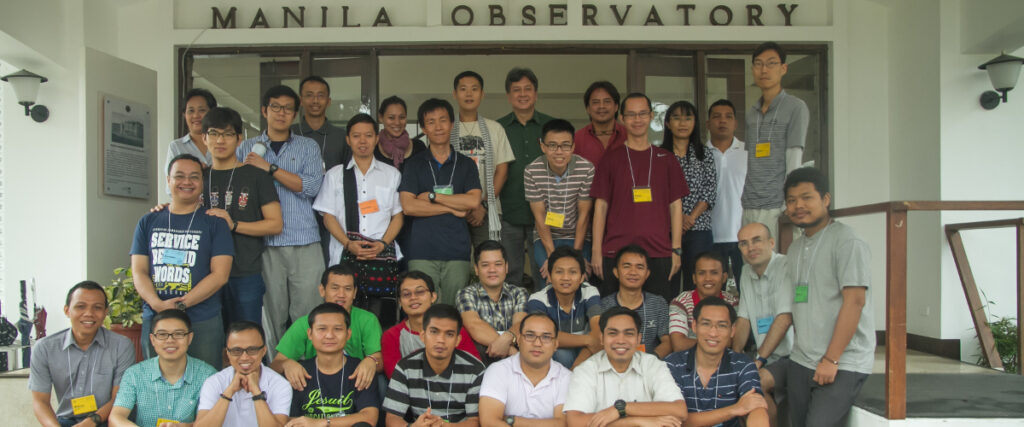
Inspired by the experience of Tacloban
From December 17 to January 1, 25 Jesuit scholastics from across the Jesuit Conference of Asia Pacific gathered in Tacloban City – one of the...read more
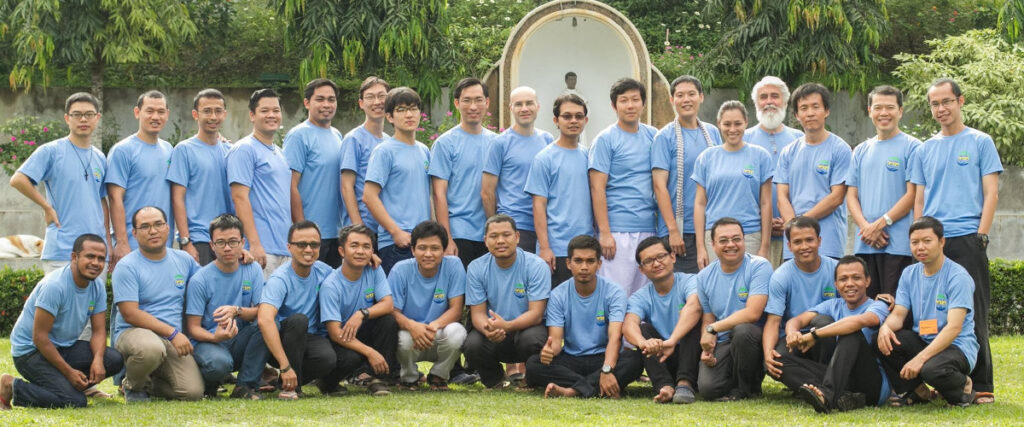
Scholastics learn how to plan for disasters
A more perfect learning environment would have been hard to find for the recent Scholastics and Brothers Circle meeting. With Disaster Risk Reduction and Management...read more
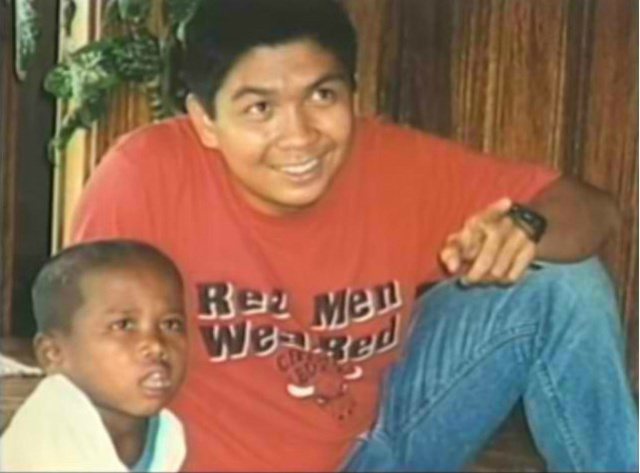
He knew where his heart was
Filipino scholastic Richard Fernando SJ lived in Arrupe International Residence (AIR) from 1994 to 1995. He went to Cambodia for his Regency, and died in...read more
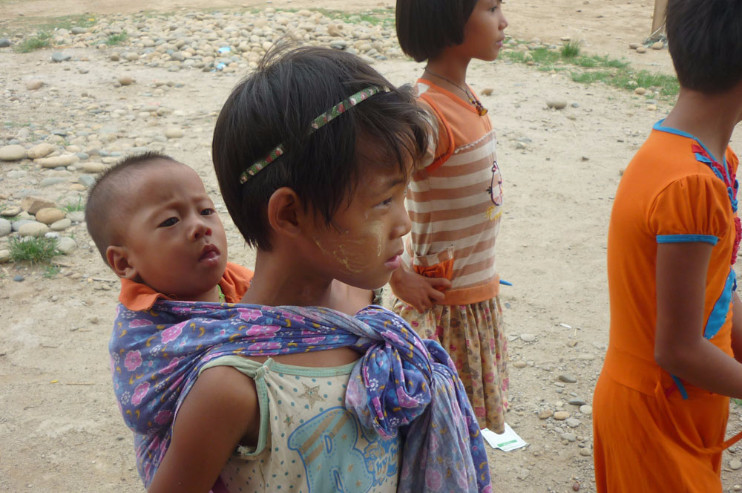
Is it safe for refugees to return to Myanmar?
Since the historic elections in November 2015, there has been a wave of optimism for national reconciliation, which may allow for Burmese refugees who fled...read more
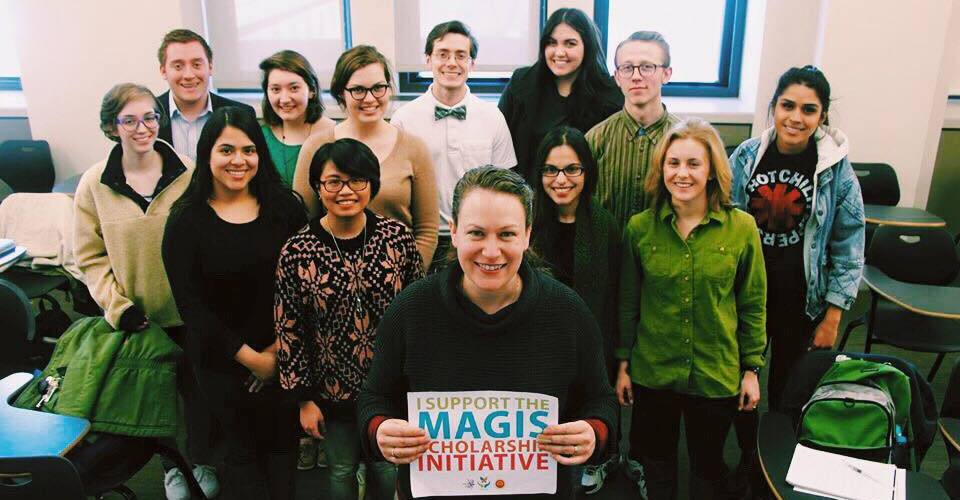
Loyola University Chicago approves Magis fund for undocumented students
Loyola University Chicago and its Board of Trustees have approved the implementation of the Magis Scholarship Fund, a student-led initiative to support undocumented undergraduate students...read more
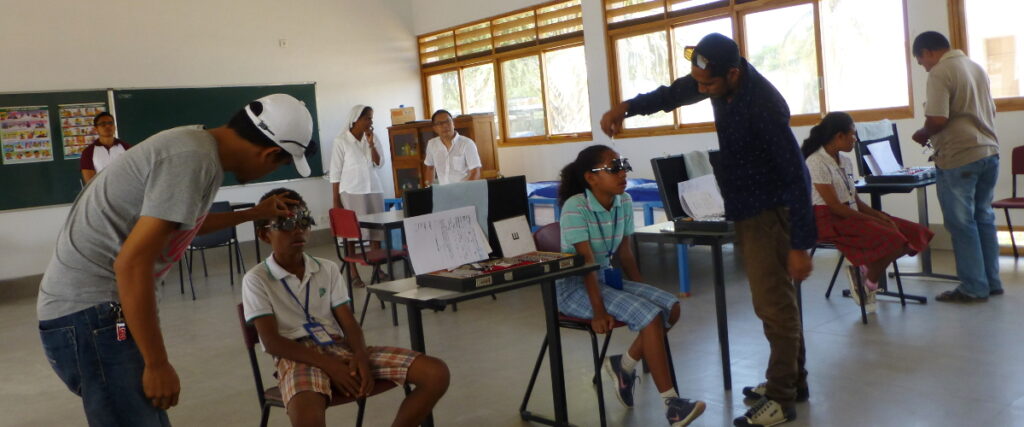
Providing healthcare services to the people in Ulmera
The clinic may only be six months old and located in a classroom in Colégio de Santo Inácio de Loiola (CSIL) in Kasait, but already...read more
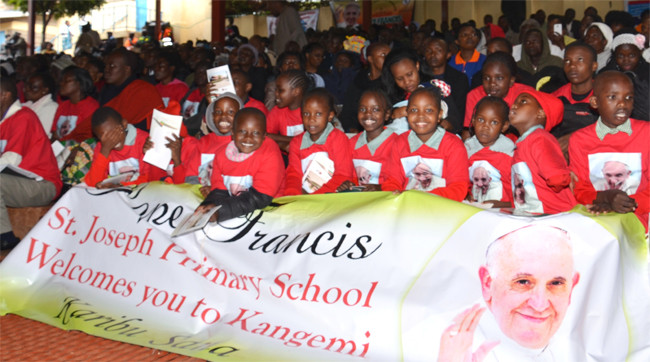
Pope Francis visits Jesuit parish in Nairobi during Africa trip
Pope Francis visited the Jesuit-run St Joseph the Worker Church in a Nairobi slum during his six-day visit to Africa. Speaking at the church on...read more
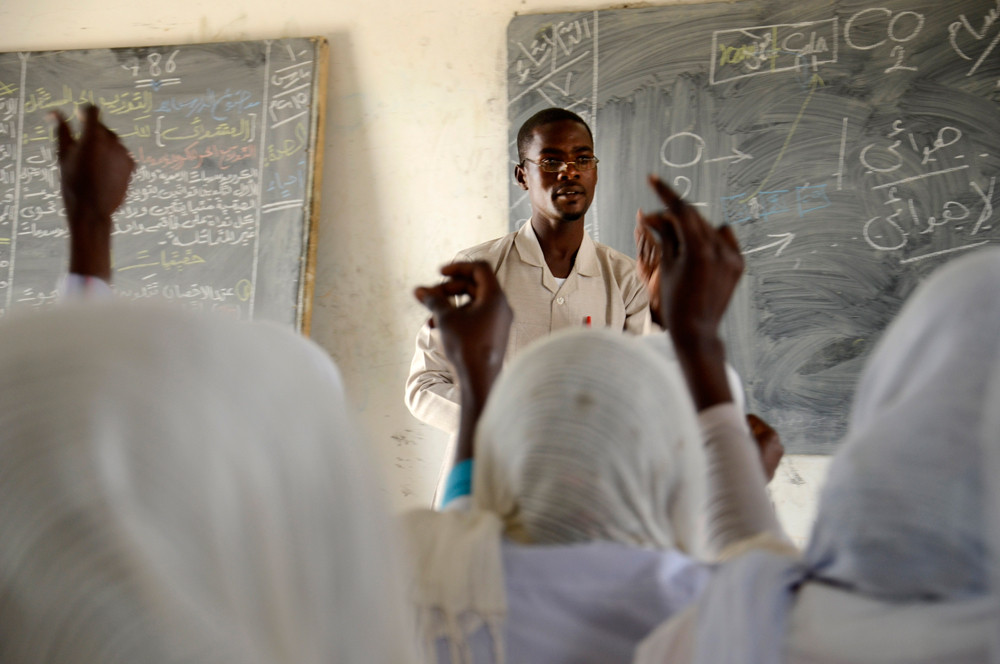
Putting mercy in motion
On December 8, as a concrete sign of commitment to the Jubilee Year of Mercy, the Jesuit Refugee Service (JRS) launched the “Mercy in Motion”...read more
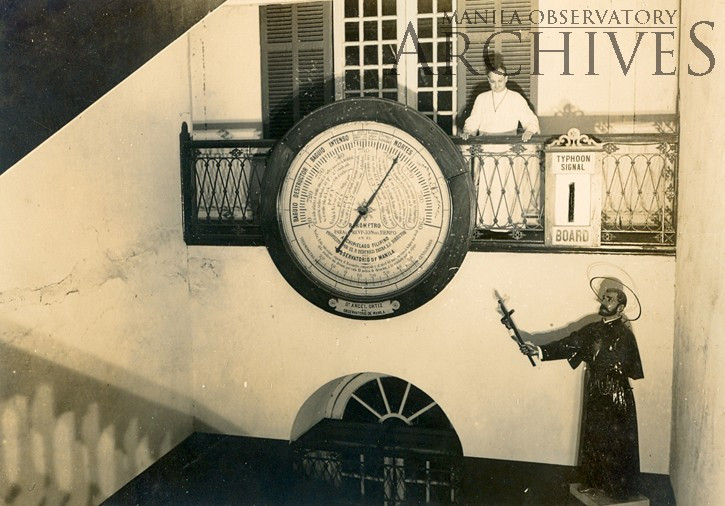
Service in the name of faith and science
The Manila Observatory is celebrating its 150th anniversary this year, marking the milestone with a new website, three exhibitions, as well as conferences and seminars.read more
